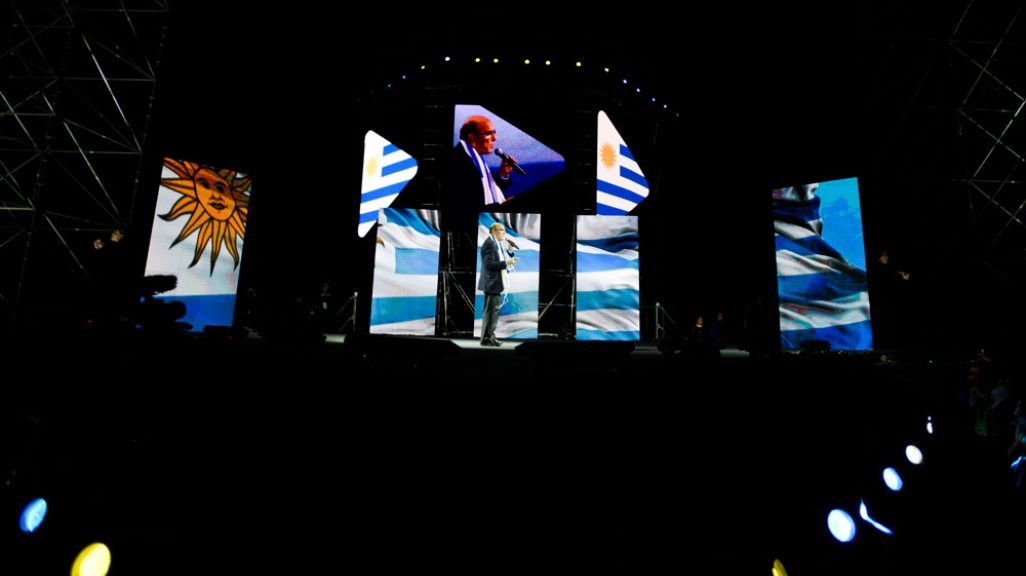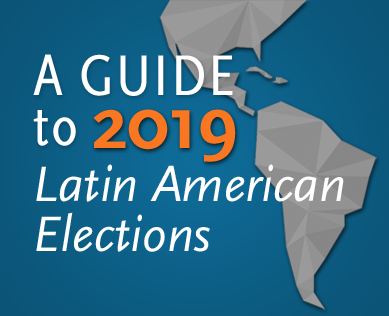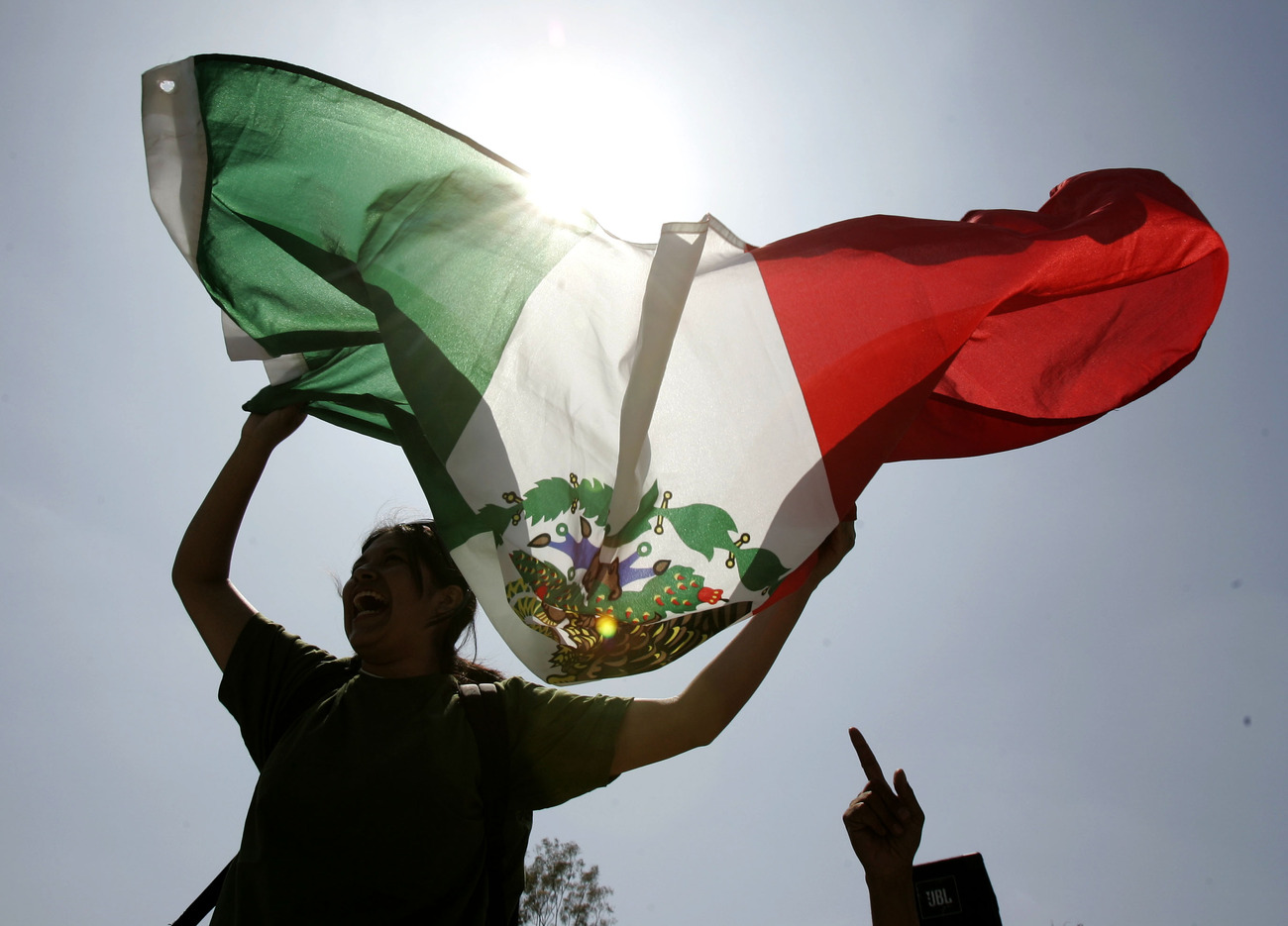Three Takeaways from Uruguay's First-Round Presidential Vote
Three Takeaways from Uruguay's First-Round Presidential Vote
The governing Broad Front coalition’s Daniel Martínez will face the National Party’s Luis Lacalle Pou in what could be a tight November 24 runoff.
After the October 27 vote in Uruguay, the governing coalition Broad Front’s Daniel Martínez will face the National Party’s Luis Lacalle Pou in a runoff. Turnout exceeded 70 percent; voting is mandatory in Uruguay. Pollsters came close to predicting the results: with 99.96 percent of votes counted, Martínez won 38.63 percent of votes while Lacalle Pou earned 28.19 percent.
The runoff takes place November 24. The next president begins a five-year term on March 1, 2020.
- A Guide to 2019 Latin American Elections: Uruguay
- Explainer: Uruguay's 2019 Presidential Election
- Poll Tracker: Uruguay's 2019 Presidential Election
1. The runoff should be tight.
On election night, Martínez congratulated Lacalle Pou for winning the runoff spot and tweeted that Uruguay needs to “keep growing and distributing wealth.” For his part, Lacalle Pou celebrated what he sees as solid chances for the opposition to win the second round. In his speech on election night, he called on other parties to support his ticket. He also said that Uruguayans delivered a message at the voting booth asking for “change through a plural new government...where many have responsibility.” He pointed in particular at the legislature, which will be made up of seven political parties or coalitions. The candidates finishing third and fourth—Colorado Party’s Ernesto Talvi and Open Forum’s Guido Manini Ríos, who received 12.15 and 10.73 percent of the vote, respectively—announced their support for Lacalle Pou.
Before the election, an Opción Consultores poll from early October put 47 percent of voters backing Martínez in a potential runoff, 42 percent going for Lacalle Pou, and 11 percent of voters as undefined.
2. The next president will need to work with the opposition.
Uruguayans also voted for all of the seats in their legislature: 99 seats in the House of Representatives and 30 in the Senate. Whoever the next president might be, he will have to work with the opposition, given the different political forces making up the country’s new parliament, which takes office on February 15, 2020. Two have no legislative experience: Open Forum, which took 11 seats in the lower house and three seats in the Senate, and the Ecologist Radical Intransigent Party, which got one deputy seat.
The country’s new legislature will also be the first in 15 years where the Broad Front won’t have a majority, even if it will hold the largest number of seats in both chambers: 13 in the Senate and 42 in the Chamber of Deputies.
3. Uruguayans rejected a referendum on security, despite it being top concern.
One point of contention among different political forces was the so-called “Live without Fear” referendum, which called for, among other things, the creation of a military-style National Guard. Held at the same time as the election, the measure fell short of the minimum 50 percent of votes needed to pass.
In the week ahead of the October 27 vote, Uruguayans took to Montevideo’s streets to protest against the referendum, and Martínez joined the march. The group that organized a campaign against the referendum celebrated the results on Sunday night with chants of, “The military, never again.” Senator Jorge Larrañaga, the measure’s author, thanked supporters of the proposal, which lacked support from major presidential candidates.
Still, the referendum won 47 percent support, or more than 1.1 million votes. Uruguayans still see the rising violence as a main problem in the country, where homicides hit a record number in 2018, increasing 35 percent over 2017 to 11.2 per 100,000 people.









